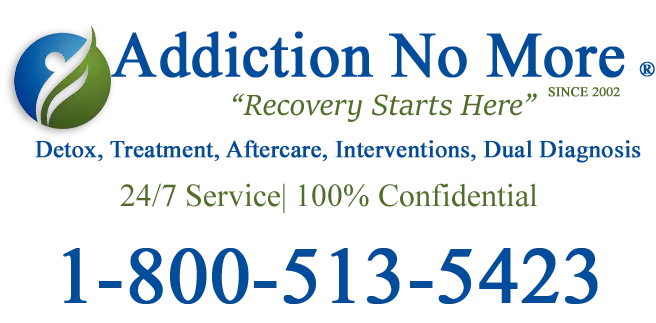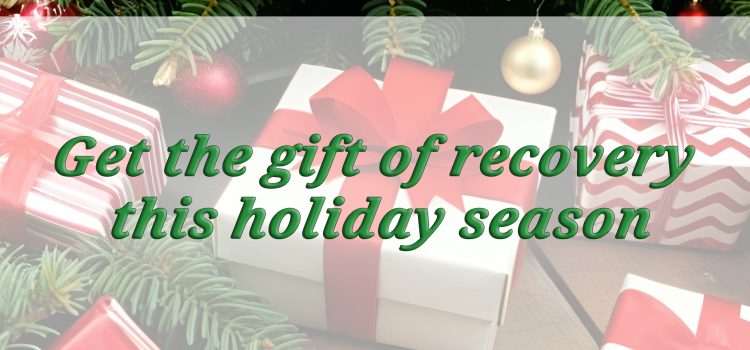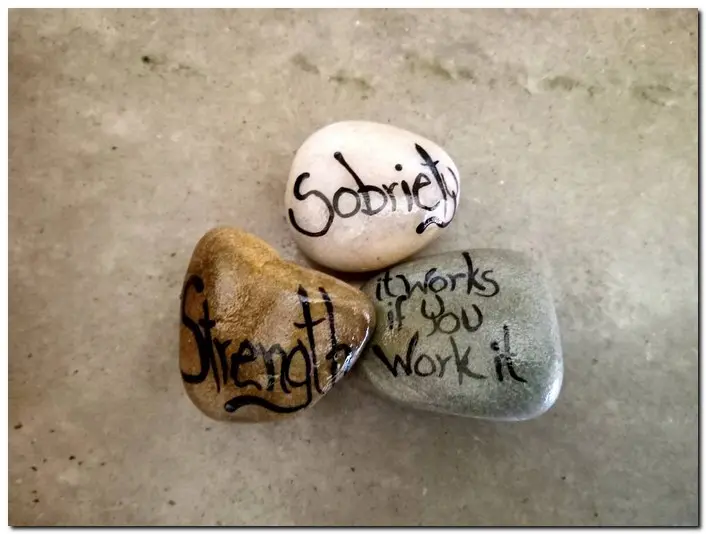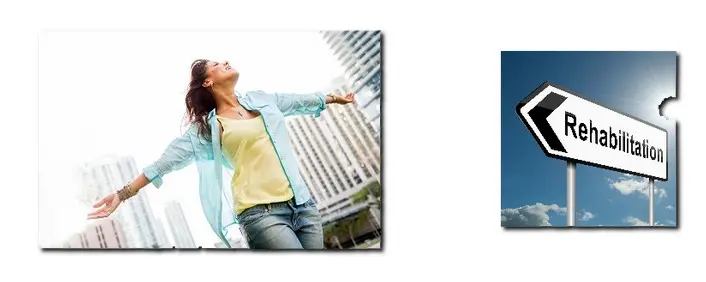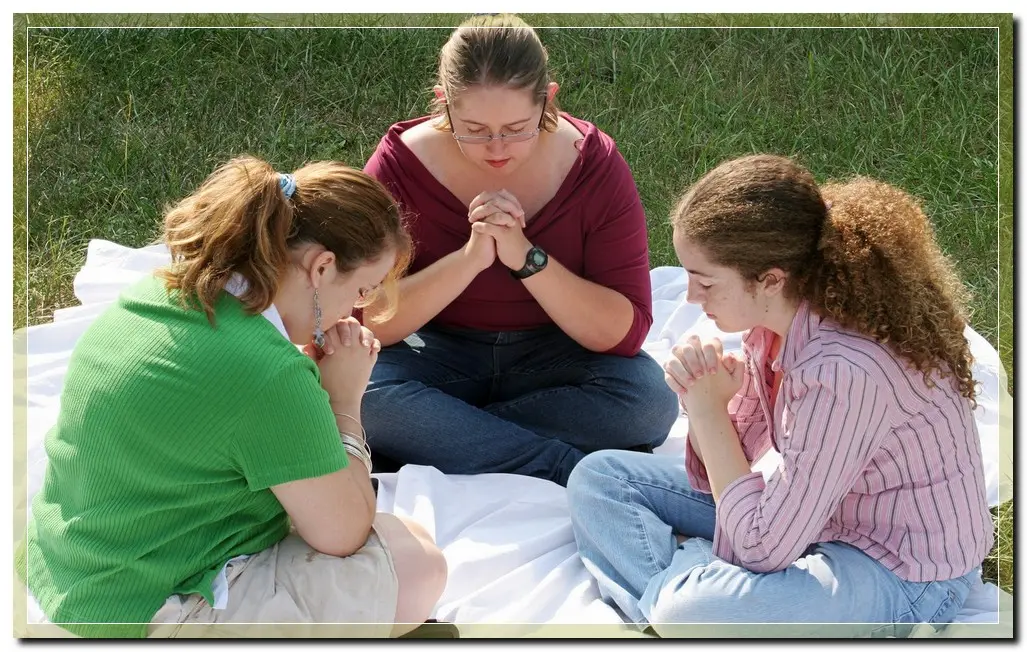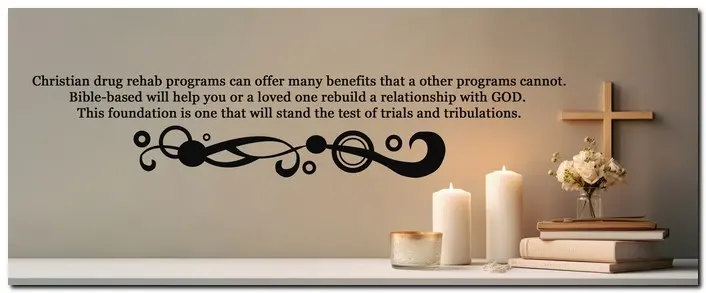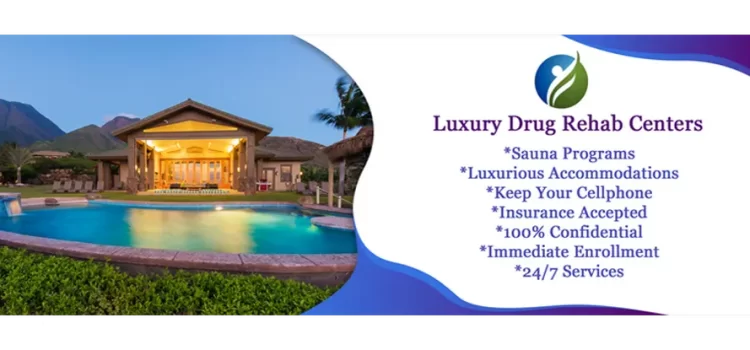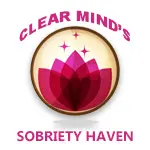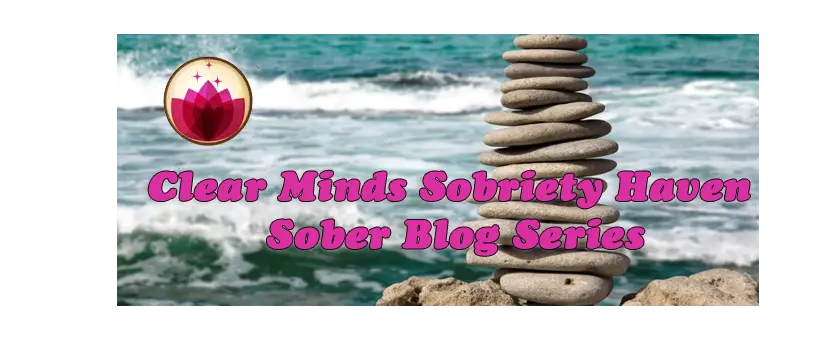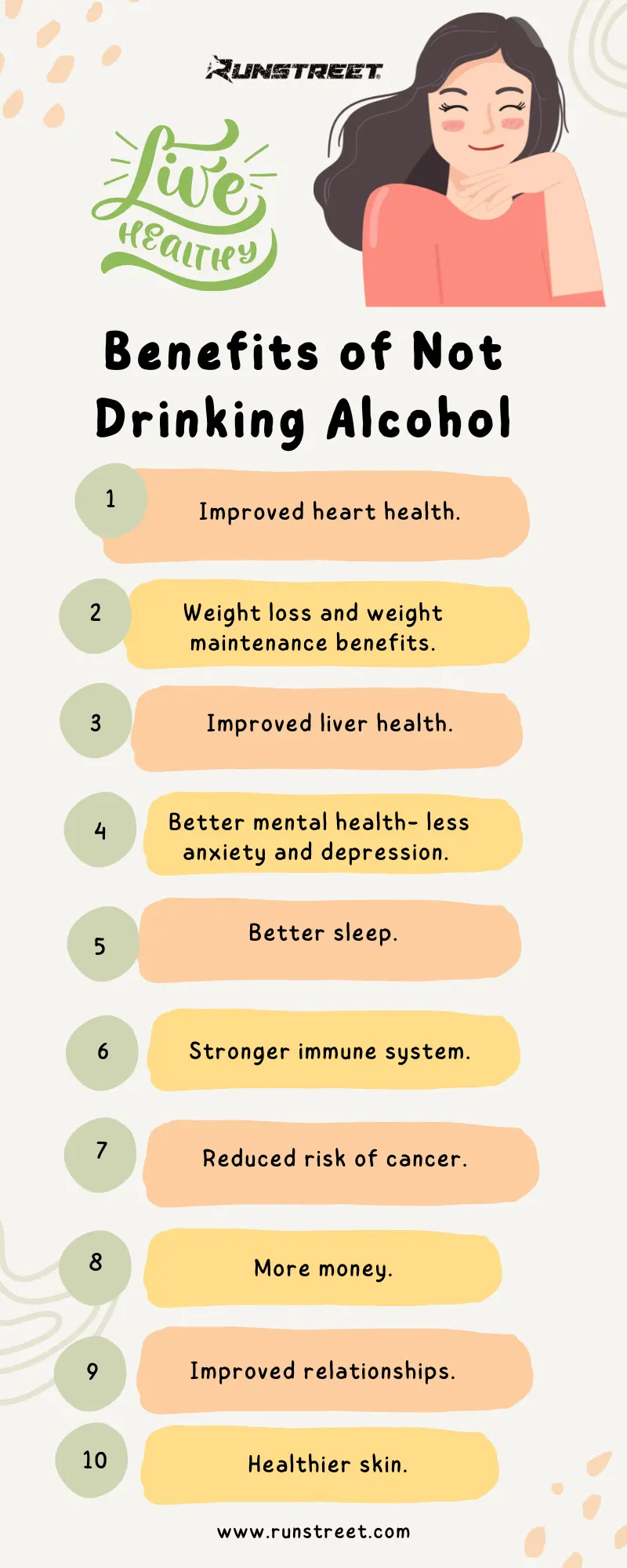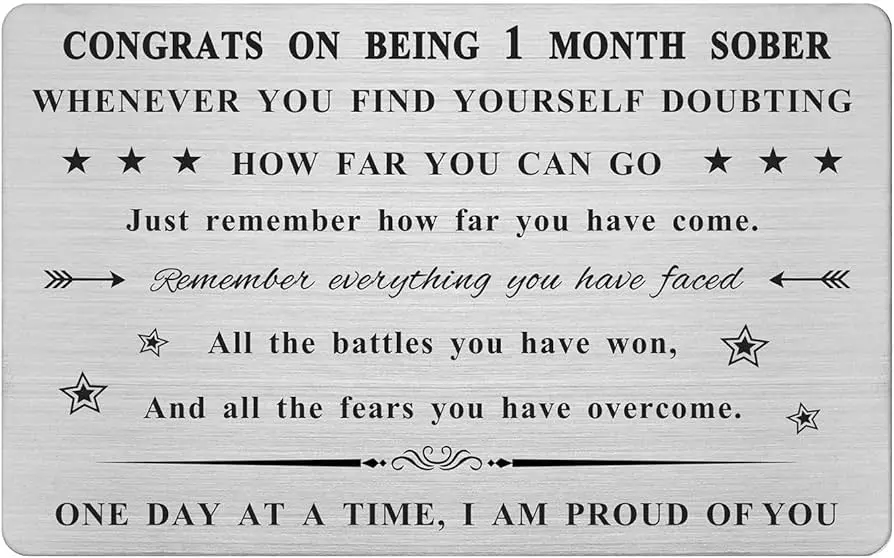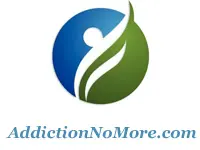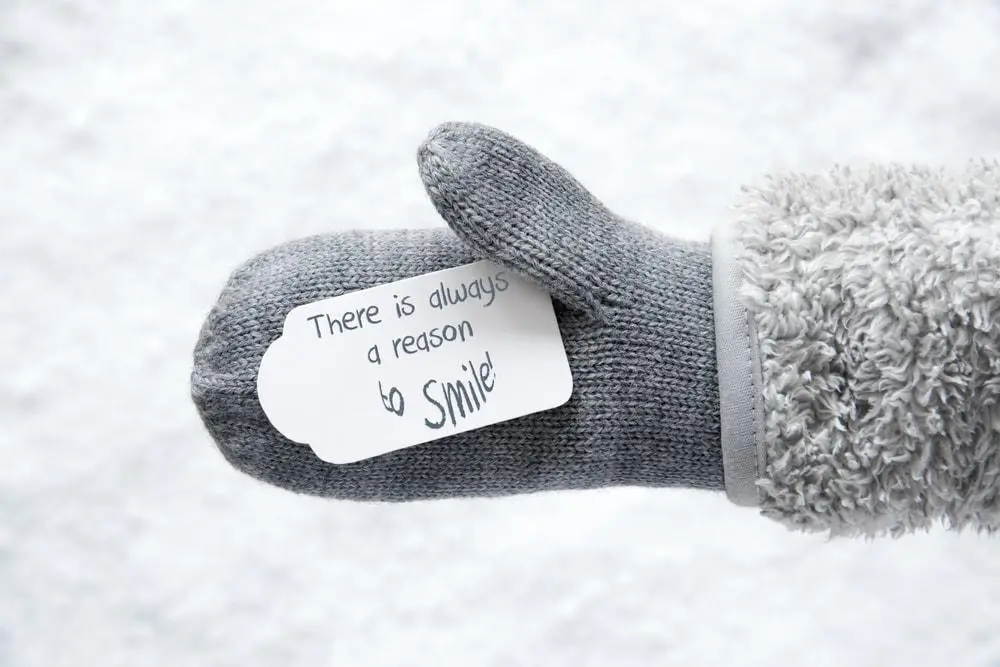Helping a Loved One with Addiction During the Holidays: Why Families Must Act Now to Get Addiction Treatment
The holiday season is one of the most critical times of the year for families dealing with addiction. Increased stress, emotional triggers, family gatherings, and easy access to alcohol make the holidays especially dangerous for anyone struggling with drug addiction or alcohol addiction. If you’re searching for help with a loved one’s substance use, drug abuse, or alcohol dependency, this is the moment to act. Waiting to get addiction treatment can be life-threatening. The best time to enter rehab, detox, or addiction treatment is right now.1-800-513-5423

Families often ask: “Is the holiday season a good time to enter drug rehab or alcohol rehab?”
The simple truth is: There’s never a ‘perfect’ time to go to rehab. The only time that truly matters is the moment your loved one finally says yes to help… Waiting because it’s the holidays? That’s how chances get lost or how something goes horribly wrong while they’re still using. If they’re willing right now, act now.
The holiday season is the most high-risk season for addiction, relapses, and overdose. Drug and alcohol addiction can become unmanageable as stress rises, making this one of the most dangerous periods of the year for individuals struggling with substance use disorders.
During the holidays, families often see:
Increased drug or alcohol use
Emotional outbursts or withdrawal
Missed family events
Financial issues connected to substance abuse
Signs of overdose risk
Severe depression or hopelessness
If you are searching for affordable drug rehab, detox centers near me, or professional interventionists, you are taking the right step forward. Doing nothing is the most dangerous option.

Why an Addiction Intervention During the Holidays Can Save a Life
Holding an addiction intervention, especially during the holidays, can be incredibly effective. Family presence, heightened emotions, and a clear contrast between holiday expectations and addictive behavior can motivate your loved one to enter drug rehab or alcohol rehab today.We provide professional nationwide intervention services, offering families:
Same-day intervention support
Experienced drug and alcohol interventionists
Step-by-step guidance
Safe, structured communication
Direct transportation to treatment
Why entering treatment today is important and could save the life of your loved one.
Families often believe that they should wait until the holidays are over, after a birthday, or after the New Year. But addiction does not wait, addiction does not slow down, addiction will not take a holiday break. The best time to enter treatment for addiction is now. Same-day placements save lives, and delaying drug rehab or alcohol treatment even for a moment can result in irreversible consequences. If your loved one agrees to treatment, take action before fear, withdrawal, or cravings make them change their minds.How We Help Families Find Effective and Affordable Addiction Treatment
Searching online for addiction treatment can feel overwhelming. Whether you found us by searching “drug rehab centers,” “alcohol rehab programs,” “best addiction treatment,” “luxury rehab facilities,” “affordable rehab near me,” or “dual diagnosis treatment,” our team is here to make the process simple and fast.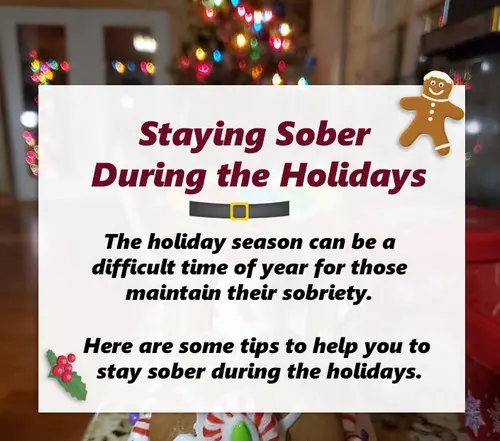
We Help You Find the Right Drug Rehab or Alcohol Rehab Program
We work with trusted detox centers, inpatient treatment programs, residential rehabs, dual-diagnosis centers, MAT programs, and long-term addiction treatment facilities across the country.We help families compare:
Levels of care (detox, residential, PHP, IOP)
Insurance coverage
Treatment options for drug addiction and alcohol addiction
Mental health and dual-diagnosis programs
Amenities at private and luxury rehab centers
Fast, Free Insurance Verification for Addiction Treatment
Before committing to any treatment center, we verify your insurance coverage, so you understand exactly:
What rehab costs are covered
What out-of-pocket expenses to expect
Which rehab centers are in-network
If you are searching for “rehab that takes my insurance,” “drug rehab insurance verification,” or “affordable addiction treatment options “we can help you get clear answers fast and be able to connect you with the right drug or alcohol rehab that will not only work for your budget but also your expectations for treatment and the services you require to make you stay not only comfortable but effective.
1-800-513-5423
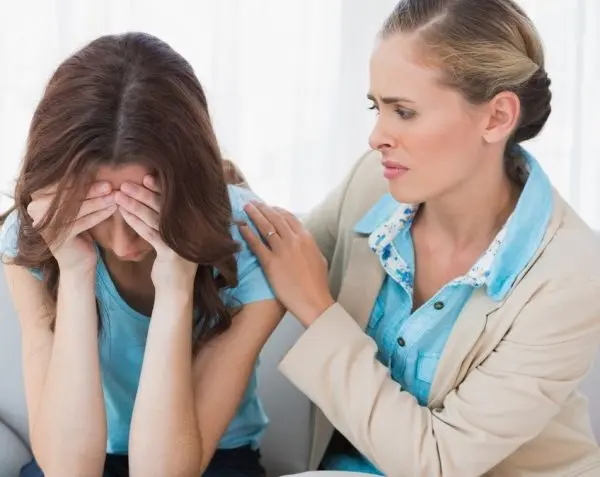
When you or your loved one is ready to take the first step, speed matters.
We offer same-day placements.
Immediate transportation
Direct coordination with the rehab center
Nationwide professional intervention services
Acting now will help you or a loved one avoid second thoughts and will start your recovery journey now. The first step to any recovery is admitting we have a problem and that we need help to overcome it.
Take action Today — Addiction Treatment Now Can Save Your Loved One’s Life
1-800-513-5423
If your loved one is struggling with alcohol addiction, drug addiction, opioid addiction, or any form of substance abuse, today is the time to act. The holiday season raises the risk of relapses, overdoses, and emotional crises. You do not have to wait. You do not have to manage this alone.
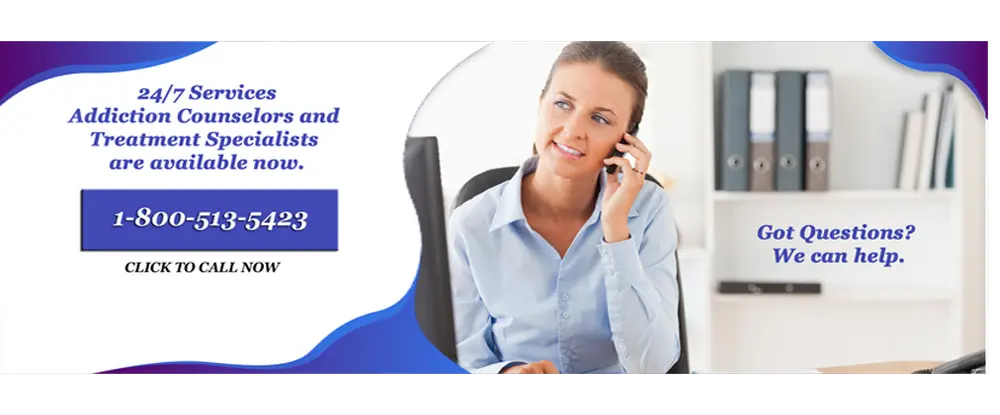
Erik Epp – Content Author
